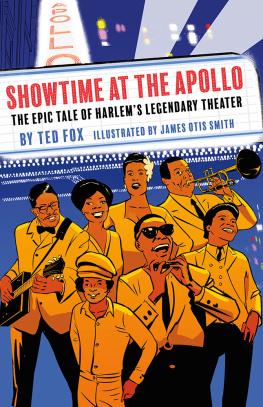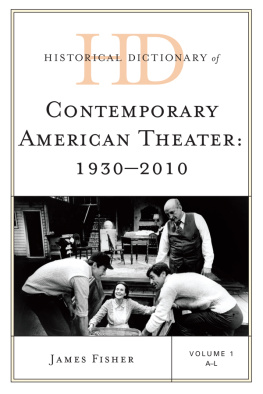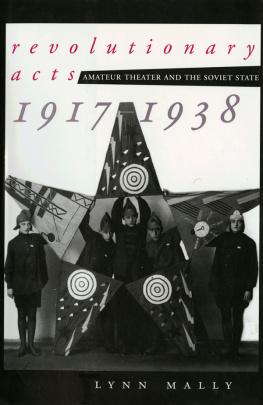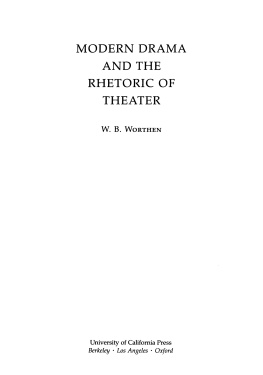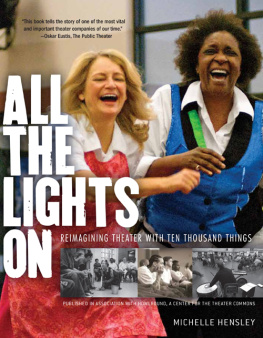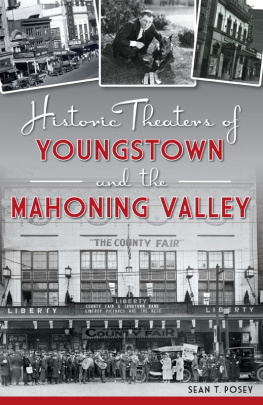
American Zeus
The Life of Alexander Pantages, Theater Mogul
Taso G. Lagos

McFarland & Company, Inc., Publishers
Jefferson, North Carolina
LIBRARY OF CONGRESS CATALOGUING DATA ARE AVAILABLE
BRITISH LIBRARY CATALOGUING DATA ARE AVAILABLE
e-ISBN: 978-1-4766-3037-3
2018 Taso G. Lagos. All rights reserved
No part of this book may be reproduced or transmitted in any form or by any means, electronic or mechanical, including photocopying or recording, or by any information storage and retrieval system, without permission in writing from the publisher.
Front cover photograph: Alexander Pantages, 1910 (University of Washington Libraries, Special Collections, UW2242)
McFarland & Company, Inc., Publishers
Box 611, Jefferson, North Carolina 28640
www.mcfarlandpub.com
To Nektaria and Elisabeth
Acknowledgments
The inspiration to write this biography of Alexander Pantages came from a Greek-American friend, Nick Arkhon: On a working trip in Alaska and a sightseeing tour of Denali Park and its museum, he came across a photo of Alexander Pantages and wondered what a Greek was doing in Alaska during its Gold Rush. Nick asked me that very question, suggesting I do research on the man. I dismissed the idea; I was in graduate school then and there were not enough hours in the day for another project. But when doing research on my Masters thesis on early motion picture history in Seattle, and Pantages appeared on numerous occasions, I became interested.
I dug more into Pantageshow at the age of nine he suddenly and shockingly left his father on a business trip in Cairo, Egypt, hopped on a cargo ship and never returned to his native Greece. By the mid1920s, he commanded one of the great theater circuits in America, and was a millionaire many times over. I also came across his famous 1929 rape trial where he was accused of molesting a 17-year-old dancer. It was an extraordinary story, with apparently little written about him, despite his enormous contribution to the development of motion picture theaters.
What followed were years of research, writing, more research, more writing. Yet the more material I gathered, the more enigmatic he became. Since I am not a forensics expert, I had to put aside determining his guilt or innocence of the assault charges; I focused instead on the myths and distortions that flew around the case. The story is not about one man and his sensational trial, but is a snapshot of a momentous moment in a nation struggling to come to terms with its immigrants, one that still echoes today.
Many folks helped to bring the Pantages research to fruition. I am indebted to the University of Washington and its extraordinary Suzzallo/Allen Library staff for their thoughtful and always cheerful assistance, in particular, Glenda Pearson (now retired), Terry Kato and Jessica Albano of Newspaper Archives who were a key part of my research and whose encouragement still echo in my heart. Professor and Executive Provost of the UW, Dr. Jerry Baldasty, provided thoughtful suggestions in shaping the original research. Without the assistance of the staff of UW Special Collections, this book would still be a hope. Several UW undergraduate students also assisted in the research, and I am grateful to Ashley Whitlatch, Karin Wagner, Grace MacMillan, Kimberly Evans, Jerimiah Keller and Sue Ellen White. If I missed any student from this pool my deepest apologies.
I am thankful for the encouragement I received from the Modern Greek Studies Association, including the editors and blind reviewers of its Journal of Modern Greek Studies, particularly Professor Maria Koundoura of Emerson College who edited my first published piece on Pantages for the Journal. Professor Yiorgios Anagnostou of Ohio State University was another important supporter, not only in conversations about the Pantages research but also in the immense intellectual debt I owe to his work on white ethnicity. Professor Alexander Kitroeff of Haverford College is another influence whose work on Greek-America studies helped to shape my work and who was kind enough to read my manuscript. Much thanks also goes to Dan Georgakas, a stellar light in the work and knowledge he has contributed about Greek-America diaspora history, who also read the manuscript. My sister and distinguished professor at California State University, Sacramento, Dr. Katerina Lagos, gave me advice early on in my path towards publication. My brother, Demetre Lagos, as well as my parents, George Lagos and Helen Lagos, were staunch enthusiasts of my work.
My mentor and graduate school advisor, and who I can perhaps now call a friend, W. Lance Bennett, distinguished professor at the University of Washington, stands as my inspiration, both academically and spiritually, for my approach to academic research, publication and general life. He was, and remains, a teacher of wisdom, integrity and discernment, as well as a guiding light for other scholarsyoung and oldwho undertake the perilous path towards serious academic work, and all the challenges and triumphs this entails.
S.T. Joshi was an early and steadfast supporter of the project; his enthusiasm for it sustained me through many a difficult moment. Thanks also to Philip Haldeman, writer, classic-car enthusiast, and publisher who graciously offered to publish to manuscript if no one else would.
Lastly, I am indebted to Dr. Nektaria G. Klapaki and our daughter Elisabeth for providing me the inspiration and courage to continue working on the project when prudence would have told me to give up. Without their presence and sustaining love, the journey towards publication (if not my life) would have been a lonely and empty exercise. Dreams come true, but they are better and richer when you are not alone.
There are many other anonymous folks in the journey to final publication who gave me encouragement and succor, both small and timely, and to them I am deeply grateful.
And highest thanks of all, to you the reader, for imbibing in this work. All great dreams need witnesses, and now you are mine!
Preface
The constellation of movie stars rivaled the Academy Awards. The sparklers of cinema, as the Los Angeles Times called them, arrived in their stretch limousines at the corner of Hollywood and Argyle for the grand opening of the Hollywood Pantages Theatre on June 4, 1930. Resplendence indeed: Mary Pickford and Douglas Fairbanks, Greta Garbo, Buster Keaton, Maurice Chevalier, Louis B. Mayer, Irving Thalberg, Howard Hughes, Irving Berlin, Carl Laemmle and Eddie Cantor as master of ceremonies.
The Hollywood Pantages will be a new and magnetic goal for the seeker of entertainment, the Times promised. Movie tickets sales plunged in the early 1930s, and Hollywood studios, those wondrous factories producing hope and cheer, experienced serious gloom for the first time in their brief history.
Meanwhile, the man who envisioned, financed and built the first great Art Deco movie palace (designed by longtime Pantages associate and brilliant architect, B. Marcus Priteca), the one who for many was the epitome of theatrical showmanship and the very embodiment of the rags-to-riches American Dream, lay on a hard bed in the hospital wing of Los Angeles County Jail as a convicted felon suffering from chest pains.
Only seven months earlier, on October 27, 1929, two days before Wall Street famously laid its rotten egg, Alexander Pantages was tried, convicted and sentenced to 50 years in San Quentin for sexually assaulting a 17-year-old dancer, Eunice Alice Pringle. It was a stunning outcome for one of Americas most powerful theater magnates and a true motion picture theater pioneer. He started with one tiny storefront theater in Seattle in 1902, and by the 1920s had fashioned a great North American theater chain that stretched from the West Coast to New Jersey and into Canada. Yet he could not read or write English.
Next page
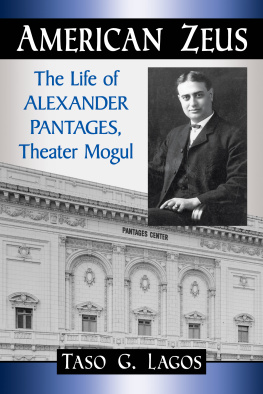

![Viola Spolin - Improvisation for the Theater: A Handbook of Teaching and Directing Techniques [1963 ed.]](/uploads/posts/book/406435/thumbs/viola-spolin-improvisation-for-the-theater-a.jpg)
